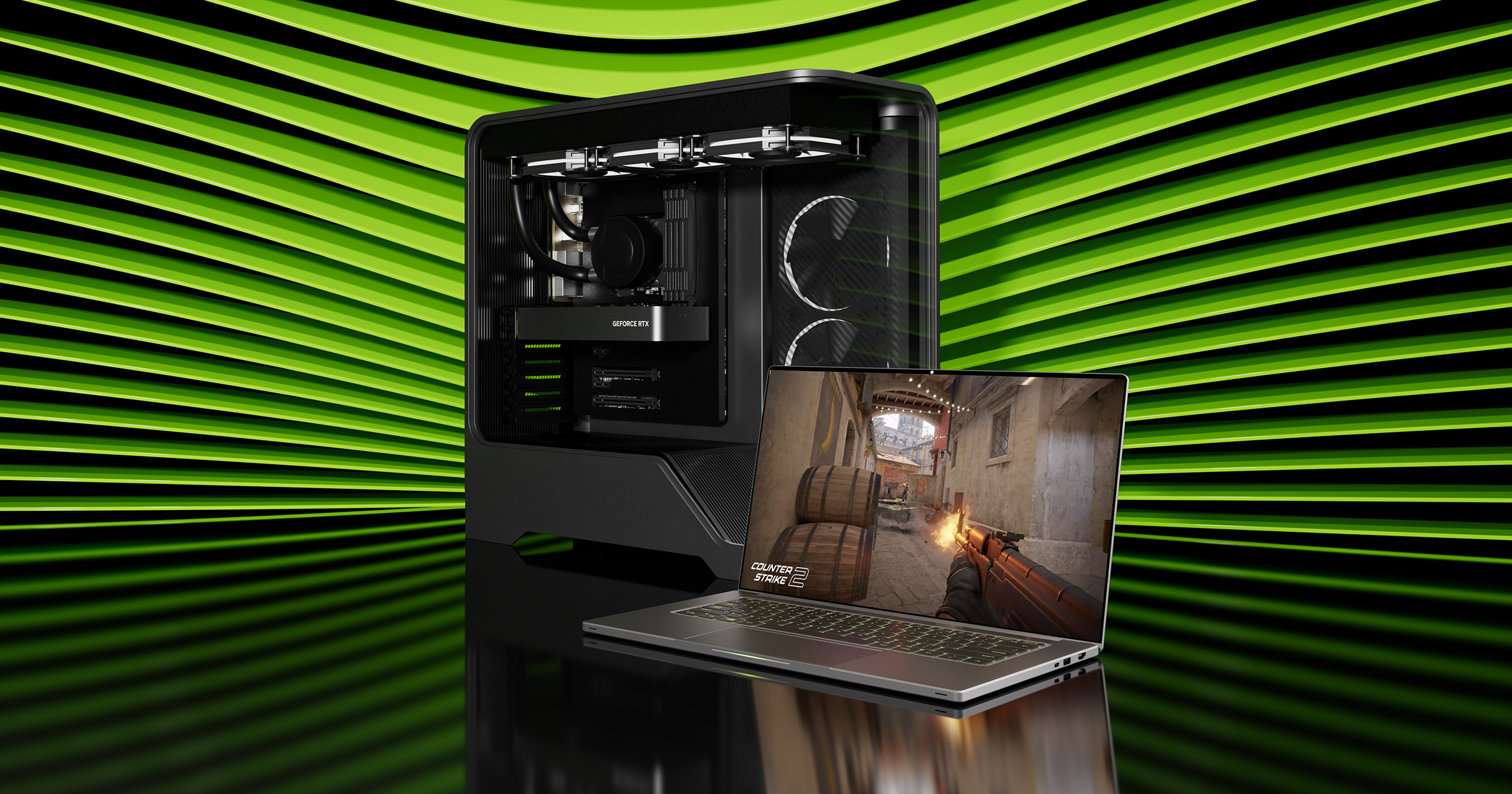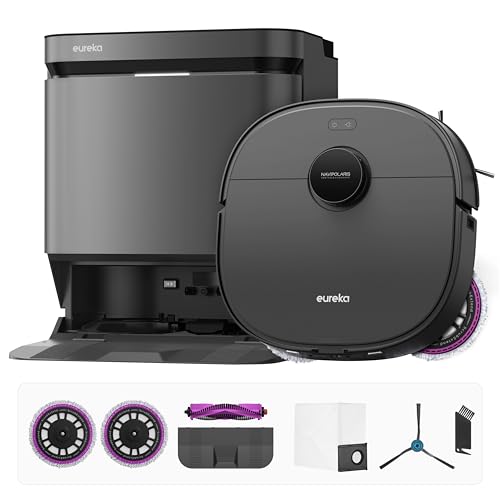Building your first gaming laptop or upgrading that aging desktop? Nvidia’s RTX 5050 announcement reshapes the budget GPU landscape with immediate laptop availability and a desktop version landing July 1st. This isn’t just another incremental update—the RTX 5050 represents a meaningful leap in what you can expect from sub-$1000 gaming machines.
Real Performance Gains Where You’ll Notice Them
The RTX 5050 laptop delivers performance that matters in your daily car-chasing gaming sessions. Testing shows 37% faster frame rates at 1080p compared to the RTX 4050, with 33% improvements at 1440p resolution—results that align with independent GPU performance benchmarks. That translates to playable frame rates in demanding titles that previously stuttered on budget hardware.
Your laptop experience improves beyond just raw performance. GDDR7 memory runs twice as efficiently as previous generations, enabling manufacturers to build thinner, quieter machines that don’t sound like jet engines during intense gaming sessions. The 128-bit memory bus—33% wider than the RTX 4050—eliminates the memory bottlenecks that plagued previous budget GPUs.
Core RTX 5050 Specifications:
- 2,560 Blackwell CUDA cores with 5th-gen AI Tensor Cores
- 8GB GDDR7 VRAM (laptop) running at 24 Gbps
- 115W TDP with Dynamic Boost 2.0 support
- DLSS 4 compatibility for enhanced frame generation
- 9th-gen NVENC for improved streaming capabilities
Content creators particularly benefit from the upgraded video encoding hardware. Streaming your gameplay or editing 4K footage becomes significantly more responsive thanks to those fifth-generation AI cores accelerating rendering tasks that previously maxed out your system.
Desktop Launch Brings Competitive Pressure
The desktop RTX 5050’s July 1st launch at $249 directly challenges AMD’s budget offerings and creates upgrade pressure for anyone still running older hardware. Nvidia claims 60% better performance than the RTX 3050 desktop—a substantial improvement that could make 1440p gaming genuinely accessible at this price point.
However, early benchmarks suggest the RTX 5050 still trails the RTX 5060 by approximately 18% in synthetic tests. You’re getting solid 1080p performance with decent 1440p capabilities, but don’t expect miracles at higher resolutions or with ray tracing maxed out.
The RTX 5050 represents Nvidia’s acknowledgment that most gamers need reliable 1080p performance more than bleeding-edge 4K capabilities. For anyone eyeing a gaming laptop under $1000 or planning a budget desktop build, this GPU finally delivers modern features without the premium pricing that’s dominated recent launches.




























